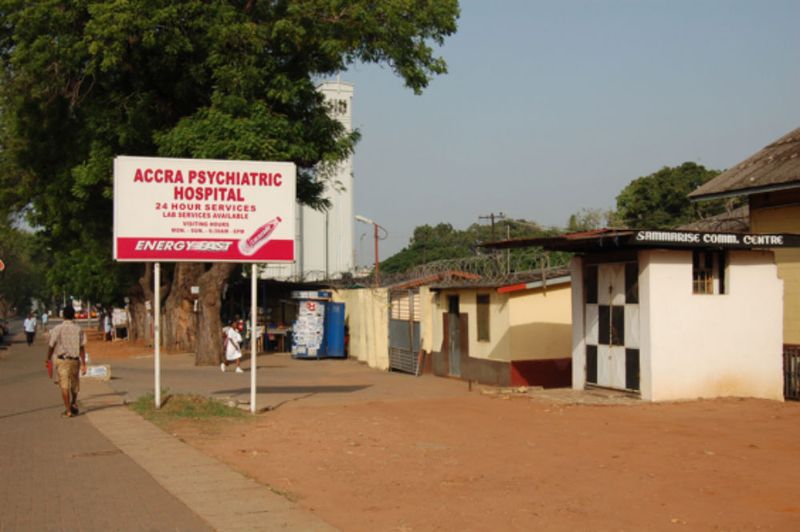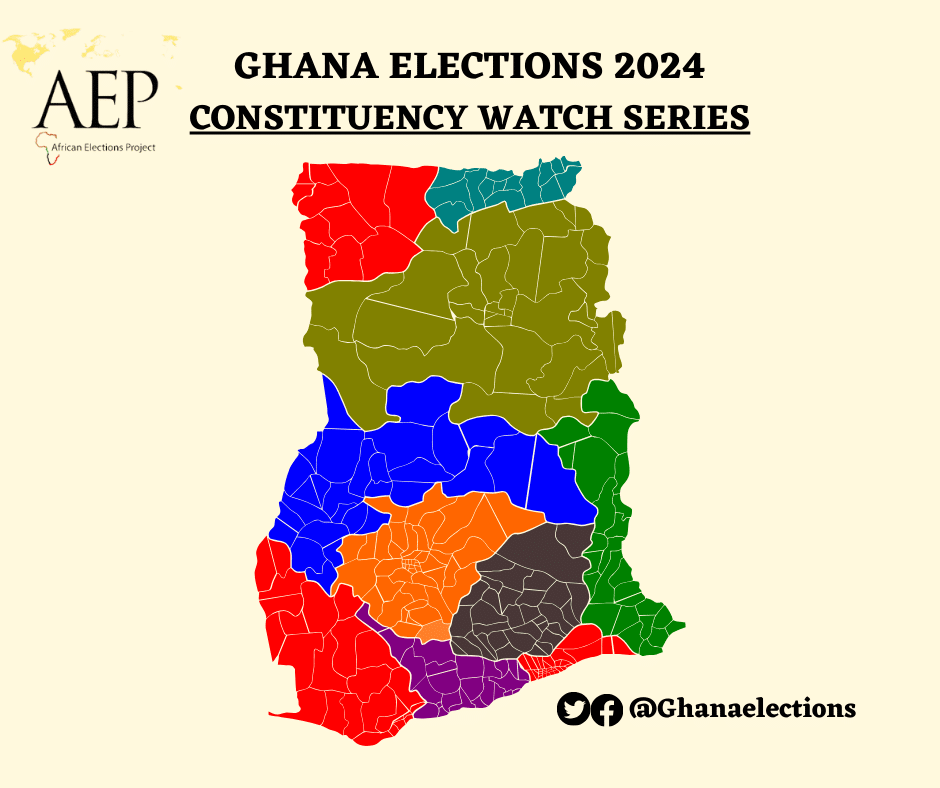1 out of every 10 Ghanaian has a mental disorder. These are the words of the Director-General of Ghana Health Service, Dr. Patrick Kuma-Aboagye in February 2023 at a national conference by the Christian Service University College in Kumasi.
There is growing evidence that the issue of mental health has fundamental national importance in Ghana. However, it is worth noting that despite its critical importance, mental healthcare in Ghana remains seriously underfunded.
According to the World Health Organization (WHO), in low- and middle-income countries like Ghana, more than 75% of people with mental disorders receive no treatment at all for their disorder. To put it in context, only 2% of Ghana’s 2.3 million people living with mental health conditions receive psychiatric treatment and support from health facilities according to WHO.
In a 2022 social protection monitoring report compiled by Penplusbytes dubbed “Economic Justice and Social Protection Interventions in Ghana: Citizens’ views and experiences”, findings revealed that the COVID-19 outbreak had further exacerbated mental health situation for millions of Ghanaians. MindFreedom-Ghana, a mental health nonprofit organization also corroborated this finding. Eight out of ten respondents in the report also agreed that mental healthcare delivery is relevant to the Ghanaian society. These findings drive home the need for government to commit more resources to address the worrying trend of neglect for mental healthcare.
In recent times, it has been reported by various media outlets how inadequate funds to psychiatric hospitals is adversely affecting mental health services. Graphic Online reports; “The Ankaful Psychiatric Hospital is suffocating from debts, and unless it gets help, it could soon be turning away the hundreds of patients who need attention.”
Penplusbytes has gathered through its “HERE & Now” social protection project that the hospital is not just one of the three leading psychiatric hospitals in the country; it also serves the Central, Western and Western North regions and even parts of Cote d’Ivoire while at the same time providing general medical care for the public. The hospital has also been operating on internally generated funds with no government subventions since June 2022.
Reports from citizens on the project’s platform (#ShortChanged App) have also confirmed the situation is similar in the other two major psychiatric hospitals in the country (Accra and Pantang Psychiatric Hospitals) as well as the Mental Health Authority (MHA) itself, which is vested with the responsibility to regulate mental health practices and provide specialist mental health services.
It would be recalled that in the 2023 budget statement, Government allocated a total of GH¢8,401,449,581 (GOG and ABFA) to the Ministry of Health out of which a meagre GH¢1,406,250 is budgeted for the MHA. Penplusbytes notes with grave concern that although the budget of the Ministry of Health has grown from 2022 to 2023 by 19.7%, allocation to the MHA has dropped significantly by a colossal 77.5% during the same period. At a time of untold economic hardship where millions of Ghanaians are still reeling from COVID-19 pandemic and its adverse effect on mental health (fear, depression, anxiety, and stress) this is not the time to be slashing budgetary allocations to institutions that are at the forefront of mental healthcare delivery in Ghana.
The repercussions of this funding gap have imposed untold constraint on feeding for mental health patients, provision of medicines, staffing and motivation, infrastructure and security at the facilities which is making it extremely difficult to provide reasonably acceptable services to mental health patients.
To address the aforementioned challenges bedeviling mental healthcare in the country, we recommend the following:
- Government as a matter of urgency to clear its arrears and honor budgetary allocations to the Mental Health Authority to enable the Authority address the various challenges facing the mental health sector.
- Government through the Ministry of Finance takes measures to review budgetary allocations to the MHA in the mid-year budget review.
- We urge government to honor its pledges and ensure that actual release of funds to the MHA equal appropriations in the 2023 budget statement and future budgets.
- We urge government through the Public Procurement Authority to allow the procurement of food for the hospitals on the open market to cut cost on taxes and levies which are putting further strain on their paltry IGFs.
- We are also calling on government to expedite efforts to integrate mental health treatment into the National Health Insurance Scheme (NHIS) to eliminate the issue of cost to the ordinary Ghanaian patient.
- We recommend that Ghana’s Ministry of Health and its stakeholders employ, train, resource, and retain more psychiatrists, clinical psychologists and other highly specialized mental healthcare practitioners to address the short-term gaps and long-term effects.
As the saying goes, “mental health is the foundation for physical health, productivity, and happiness.” Mental health is a serious health issue as such, there is the need employ a holistic and dedicated approach in addressing it. An attempt not to do so will pose a greater threat to the nation.
###
About
Penplusbytes is a not-for-profit organization driving change through innovations in the following key areas: using new digital technologies to enable good governance and accountability, new media and innovations, climate and well-being, and enhancing oversight for effective utilisation of mining, oil and gas revenue and resources.






